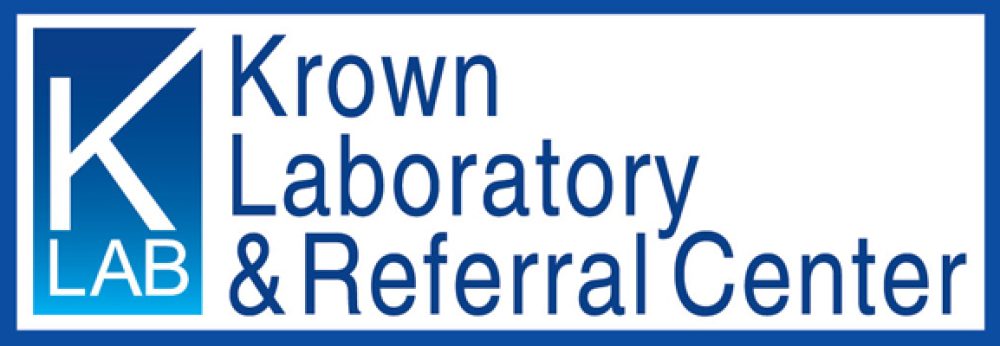Description
An anti-thyroid antibodies panel typically includes testing for two types of antibodies: anti-thyroglobulin antibody (TgAb) and anti-thyroid peroxidase antibody (TPOAb). Here’s a breakdown of each component:
- Antithyroglobulin Antibody (TgAb): Thyroglobulin is a protein produced by the thyroid gland that plays a crucial role in the synthesis of thyroid hormones. Anti-thyroglobulin antibodies are antibodies produced by the immune system that target thyroglobulin. Elevated levels of TgAb in the blood can indicate autoimmune thyroid disease, such as Hashimoto’s thyroiditis or Graves’ disease. TgAb testing is often used in conjunction with other thyroid function tests to diagnose and monitor autoimmune thyroid disorders.
- Antithyroid Peroxidase Antibody (TPOAb): Thyroid peroxidase is an enzyme involved in the production of thyroid hormones. Anti-thyroid peroxidase antibodies are antibodies directed against thyroid peroxidase. Like TgAb, elevated levels of TPOAb in the blood are associated with autoimmune thyroid diseases, particularly Hashimoto’s thyroiditis. TPOAb testing is commonly performed alongside other thyroid function tests to aid in the diagnosis and management of thyroid disorders.
The anti-thyroid antibodies panel is useful in the diagnosis of autoimmune thyroid disorders, which are characterized by abnormal immune responses against the thyroid gland. Hashimoto’s thyroiditis and Graves’ disease are two common autoimmune thyroid conditions where the presence of these antibodies can help confirm the diagnosis. Additionally, monitoring levels of TgAb and TPOAb over time can provide valuable information about disease progression and response to treatment in patients with autoimmune thyroid disease.



Reviews
There are no reviews yet.